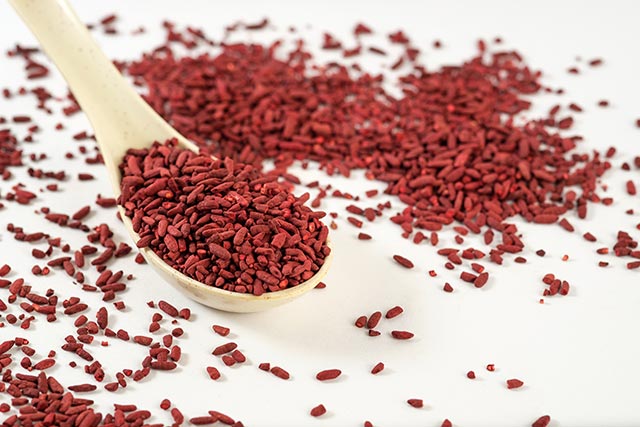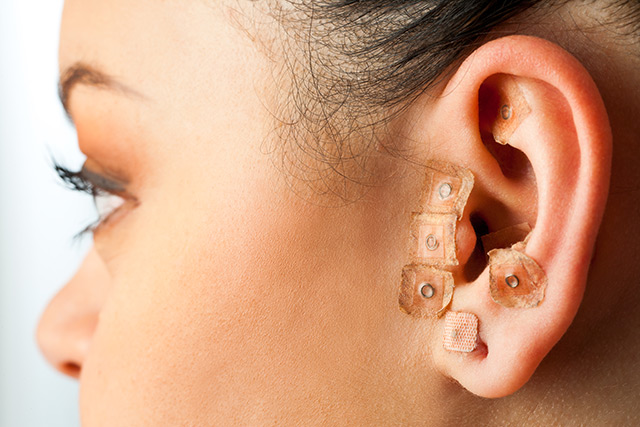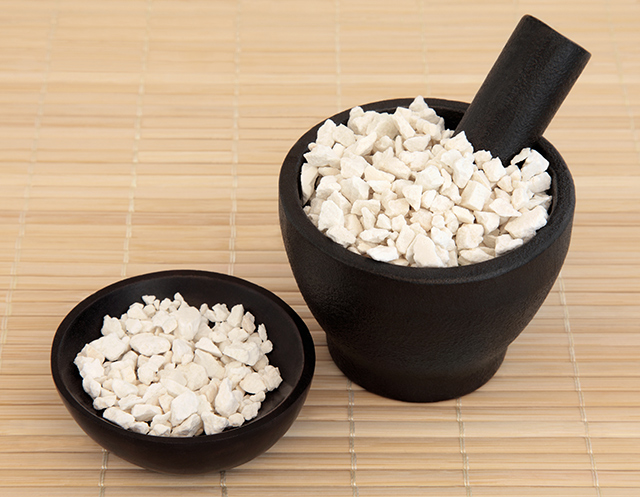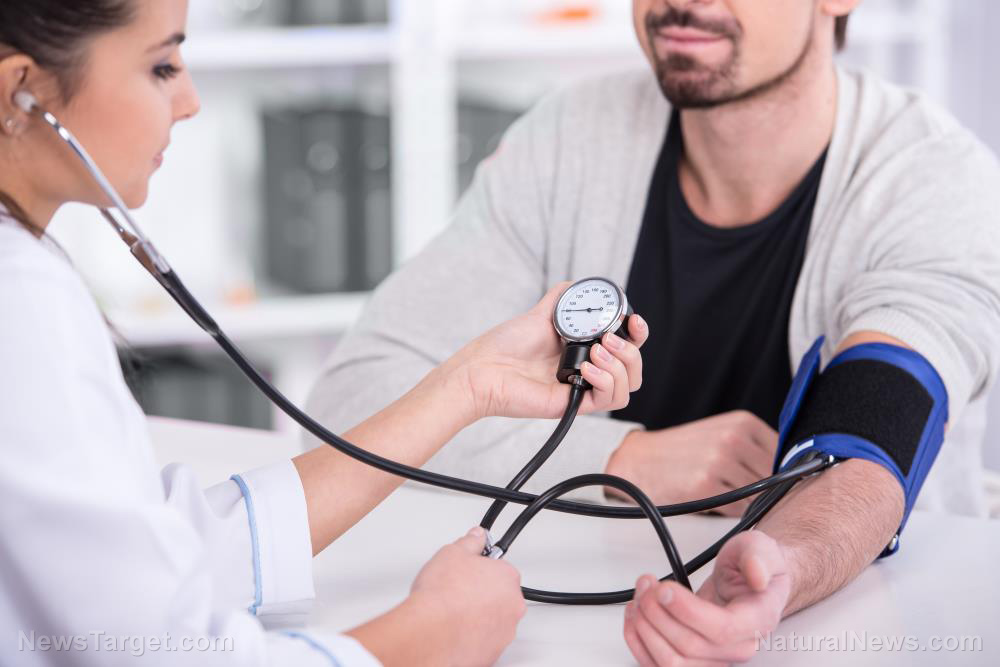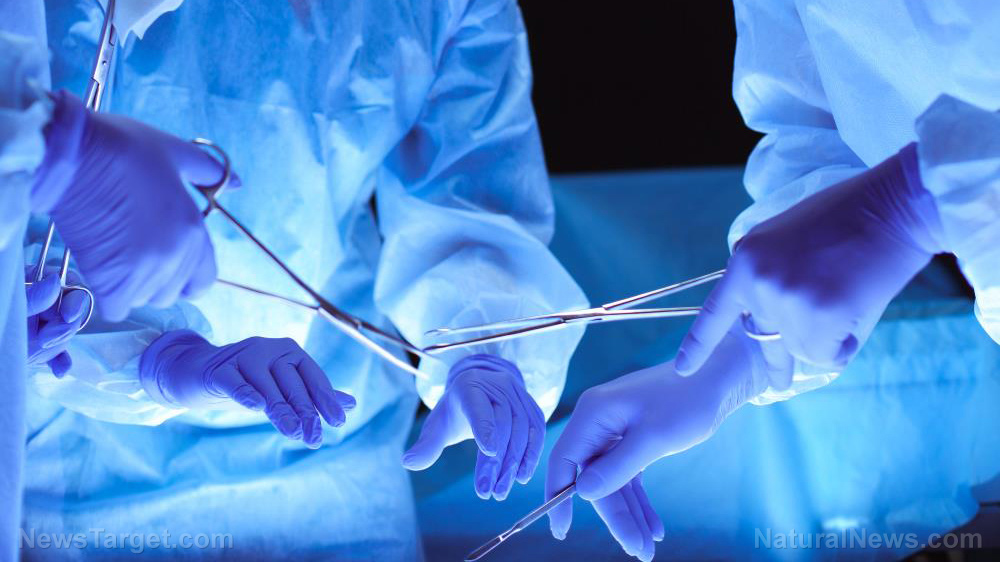Study: Antibiotics can disrupt the gut microbiome, which regulates biological functions such as skeletal health
06/25/2019 / By Michelle Simmons
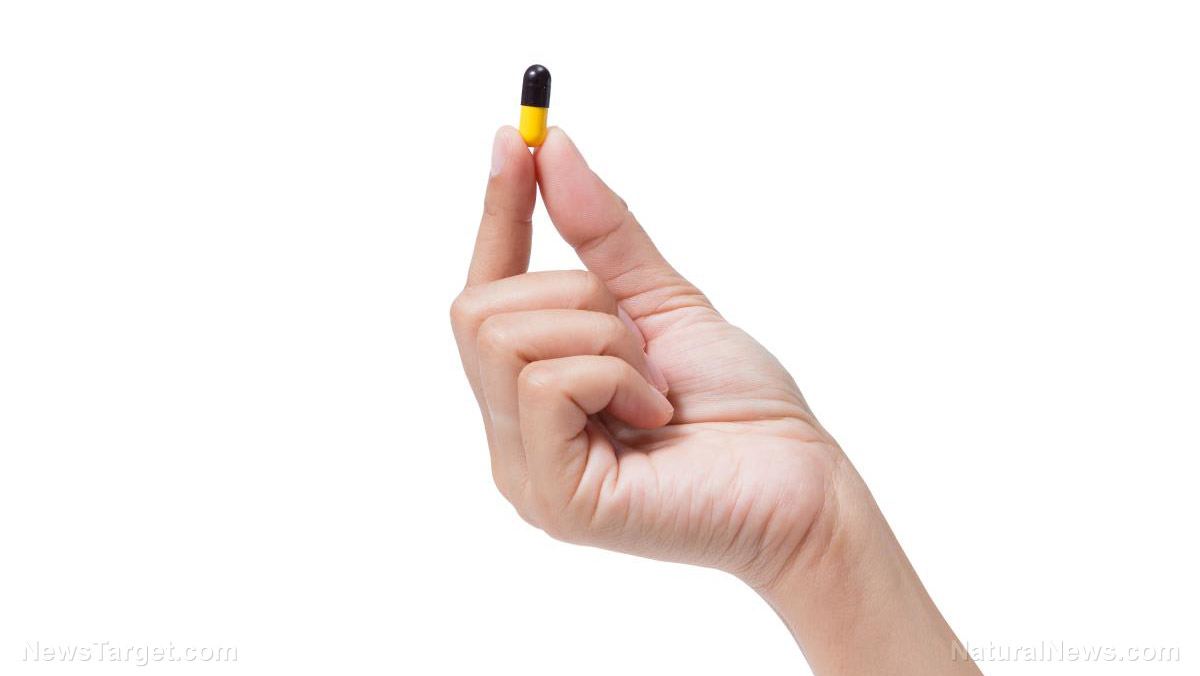
Having a balanced gut microbiome is important to stay healthy. Yet, when most Americans get sick, they take antibiotics, which can disrupt the gut microbiome. And, according to a recent study published in the American Journal of Pathology, this can harm your bone health.
Antibiotics kill the bacteria in the gut that support the digestive and immune systems. These beneficial gut bacteria also help the body better absorb nutrients from foods and supplements.
Researchers at the Medical University of South Carolina looked at the effect of disrupting the healthy gut microbiome with antibiotics during post-pubertal bone development. Bone development after puberty is a critical window of plasticity that supports the increase of about 40 percent of peak bone mass. An earlier study established that gut microbiota contributes to bone health.
For the study, they treated mice with a cocktail of three antibiotics. Antibiotic treatment resulted in major changes in the gut microbiota, affecting large groups of bacteria. (Related: Antibiotic use in childhood causes a significant reduction in the quality of the gut microbiome.)
Subsequently, the researchers assessed the integrity of the skeletal system. While antibiotic-induced changes in the microbiota had little impact on cortical bone, significant changes occurred to the trabecular bone — a type of bone that undergoes high rates of bone metabolism. Bone metabolism is regulated through a balance of osteoclasts or bone-resorbing cells, and osteoblasts or bone-building cells. In the study, no changes occurred in osteoblasts, while osteoclast cell number, size, and activity increased.
100% organic essential oil sets now available for your home and personal care, including Rosemary, Oregano, Eucalyptus, Tea Tree, Clary Sage and more, all 100% organic and laboratory tested for safety. A multitude of uses, from stress reduction to topical first aid. See the complete listing here, and help support this news site.
The researchers wanted to determine what caused osteoclast activity to increase, so they examined the levels of several osteoclast signaling molecules. They discovered that pro-osteoclastic signaling molecule levels increased in the circulation of antibiotic-treated mice. This indicated that increased osteoclast activity is the result of a specific immune response to a change in the microbiota.
To determine how antibiotics affect immune cells in the bone marrow environment, the researchers assessed the immune cells in the bone marrow. They found that myeloid-derived suppressor cells (MDSCs) of antibiotic-treated animals significantly increased. MDSCs regulate the innate and adaptive immune response in various diseases. In addition, antigen presentation and processing were suppressed in the bone marrow upon antibiotic treatment.
Overall, the results of the study demonstrated that antibiotic use disrupted gut microbiota. This disruption also dysregulated the communication between immune cells and bone cells, causing an inflammatory response that leads to increased activity of osteoclasts.
“This report introduces antibiotics as a critical exogenous modulator of gut microbiota osteoimmune response during post-pubertal skeletal development,” said Dr. Chad Novince, one of the study’s researchers.
Antibiotics can permanently alter the gut microbiome
Various studies have shown that a single dose of an antibiotic alters the gut flora. A study published in the Journal of Antimicrobial Chemotherapy has shown that a single treatment of intravenous antibiotics altered the variety of bacterial strains in the gut and caused the development of the pathogen Clostridium difficile, which can cause severe diarrhea and colitis.
Moreover, taking the antibiotic ciprofloxacin decreased the diversity of bacteria in the gut, affecting about one-third of the gut bacterial species, according to a study in PLOS Biology. This study has also revealed that several bacterial species failed to recover after six months. This indicates that even a short course of antibiotics might cause permanent changes to the community of good gut bacteria.
Read more stories on the dangerous side effects of antibiotics at DangerousMedicine.com.
Sources include:
Tagged Under: antibiotic resistance, Antibiotics, bone health, drugs, gut health, gut microbiome, immune system, intestinal bacteria, intestinal microbiota, osteoblasts, osteoclasts, research, skeletal health, superbugs






